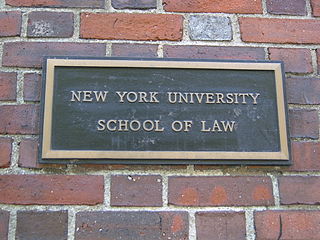Student challenges to degree classification, and examiners’ academic freedom
 Some time ago, I blogged about the question of whether a low mark is a breach of contract. A little while ago, in a gallimaufry (omnibus) post, I briefly returned to this issue. The context was a US case, Keefe v New York Law School (17 November 2009) [update: 25 Misc 3d 1228(A) (2009) aff’d 71 AD3d 569 (2010)], but now it seems that the issue has arisen rather closer to home. Yesterday’s Irish Times tells the story:
Some time ago, I blogged about the question of whether a low mark is a breach of contract. A little while ago, in a gallimaufry (omnibus) post, I briefly returned to this issue. The context was a US case, Keefe v New York Law School (17 November 2009) [update: 25 Misc 3d 1228(A) (2009) aff’d 71 AD3d 569 (2010)], but now it seems that the issue has arisen rather closer to home. Yesterday’s Irish Times tells the story:
Graduate takes university to court over degree results
A Queen’s University [Belfast] graduate yesterday launched a High Court challenge to his degree classification. In one of the first cases of its kind, Andrew Croskery has brought judicial review proceedings over his lower second-class honours classification.
Mr Croskery, from Co Down, claims if he had received better supervision he would have instead obtained an upper second-class in his electrical engineering degree.
There is similar coverage on the BBC and UTV; in the Belfast Telegraph, Cherwell, the Guardian (also here, on the Human Rights in Ireland blog), and the Mirror; and commentary on the Cantakerous, Gullibility, and Learning Architecture blogs.…

 I’m sorry not to have been able to acknowledge the celebration of
I’m sorry not to have been able to acknowledge the celebration of 



